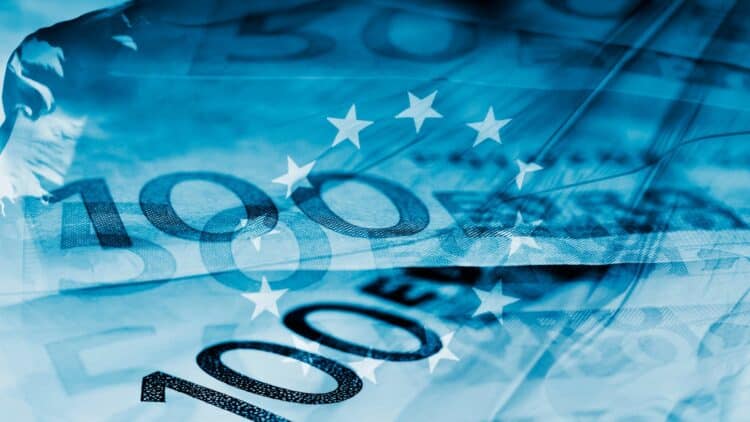The steel industry in Germany is suffering an unprecedented crisis that could forever alter the shape of industry in Europe. Chancellor Friedrich Merz, along with Finance Minister Lars Klingbeil, has just unveiled plans that could hold the key to whether steel in Europe even makes it through the upcoming decade. A telling clue in this radical shift of course from export-oriented Germany is buried in their formula for what they call “European patriotism.”
German leadership demands a coordinated European steel protection strategy
The government in Germany has pledged to support its steel industry by lowering electricity costs, as well as by taking better measures at an EU level. Friedrich Merz, Chancellor of Germany, explained the urgency of this issue during a meeting with steel industry representatives, stating that without efficient reductions in electricity costs, steel companies in Germany won’t be able to survive. Plans for lowering costs include an industry power price system in which subsidies for electricity costs will be granted for three years, beginning in 2026.
Finance Minister Lars Klingbeil urged further EU purchasing preferences, stating that investments in the defense industry should focus more on European products. His appeal for “a little bit more patriotism, a little bit more ‘buy European'” marks a drastic turn in a traditionally free-trade-minded Germany, which is increasingly affected by tariffs from U.S. and Chinese competitors that threaten the competitiveness of German producers in international markets.
European Commission negotiations near completion for industrial electricity pricing:
The German government is concluding negotiations pertaining to incentives for electricity pricing for industrial enterprises with the European Commission, which is estimated to be implemented by January 2026. In this context, it is estimated that steel companies may also not benefit from industry pricing because of support in terms of compensation for electric rates.
Carbon border tariff reforms target unfair international competition
Germany also supports the EU’s proposal to modify the current Carbon Border Adjustment Mechanism to also set pricing for downstream steel products, in addition to steel products. Presently, the EU’s protection tools for defending itself against steel exports resulting from either dumping or subsidies include measures to limit current levels of steel imports, as promoted by the EU’s recent proposals.
The European Commission proposed lowering tariff-free quotas for steel imports by almost half, in addition to doubling outsiders’ duties to 50 percent for those exceeding quotas. Merz welcomed this European proposal, hinting at possible French-German cooperation in implementing them more quickly. Should steel carbon leakage protection fail, Germany plans to free steel producers to use free allocation of emissions allowances past the current deadline of 2034.
Key reform priorities include:
- Extending CBAM coverage to downstream steel products
- Implementing trade protection against dumping practices
- Reducing tariff-free import quotas significantly
- Doubling duties on out-of-quota steel imports
Sustainability strategy positions European steel as a premium product
Finance Minister Klingbeil also stressed that sustainability would provide an economic benefit for Germany’s steel sector, which would promote climate-friendly, high-quality steel produced in Germany and Europe. The government is also promoting a clean steel transition in several programs, such as climate contracts, which would ease the transition to a low-carbon industry in Europe. It would provide a high-quality product, which is more expensive due to better environmental standards, according to this source.
The comprehensive steel protection policy of Germany reflects an increasing realization in Europe that for Europe to be completely in charge of its industry, it needs to be a collective endeavor by Europe itself. A mix of relief from high electricity costs, carbon border correction, and sustainability positioning by Germany’s steel industry is set to keep Europe’s steel industry alive while also remaining competitive in international markets, which could prove to be a milestone for Europe’s industry development.


